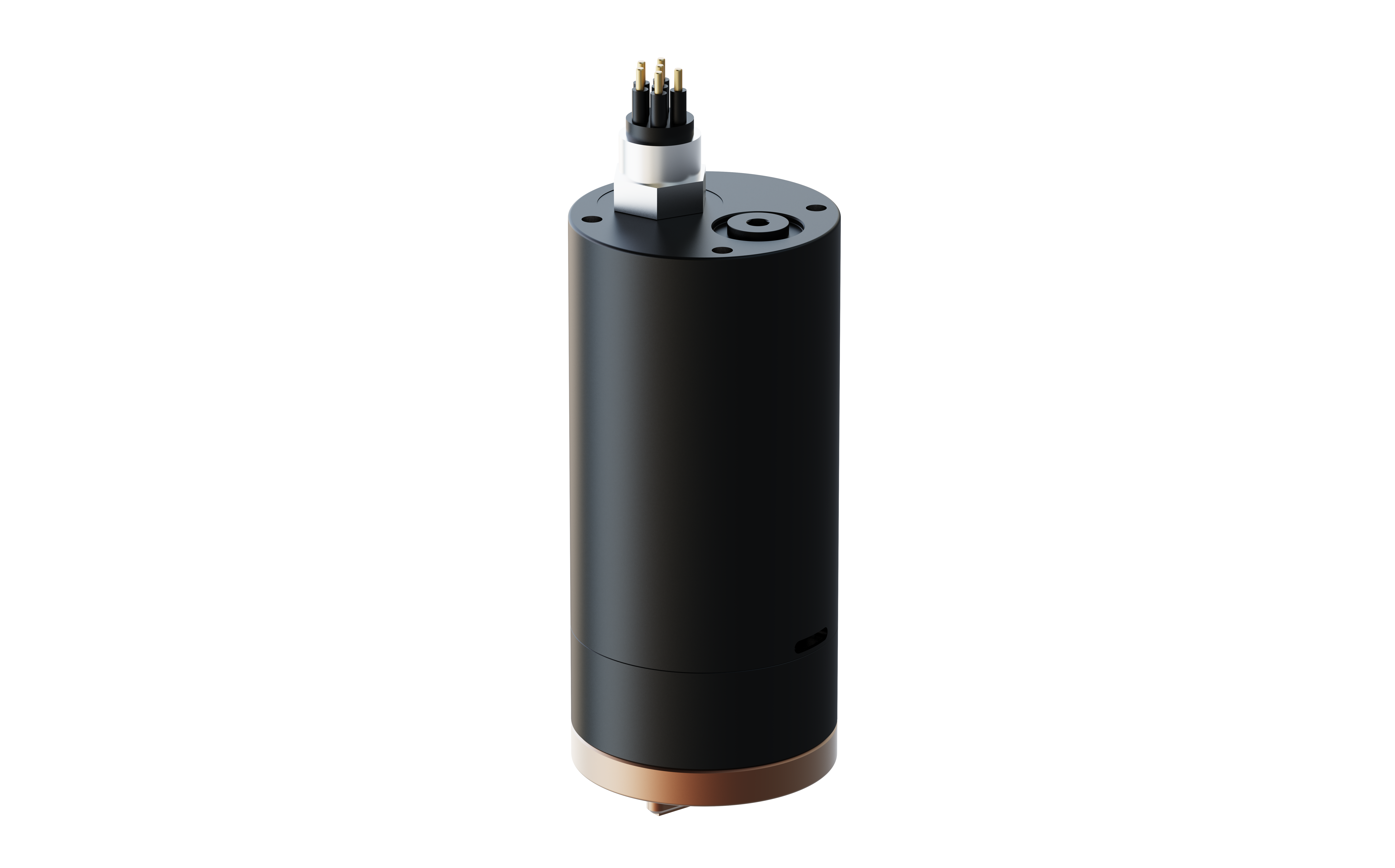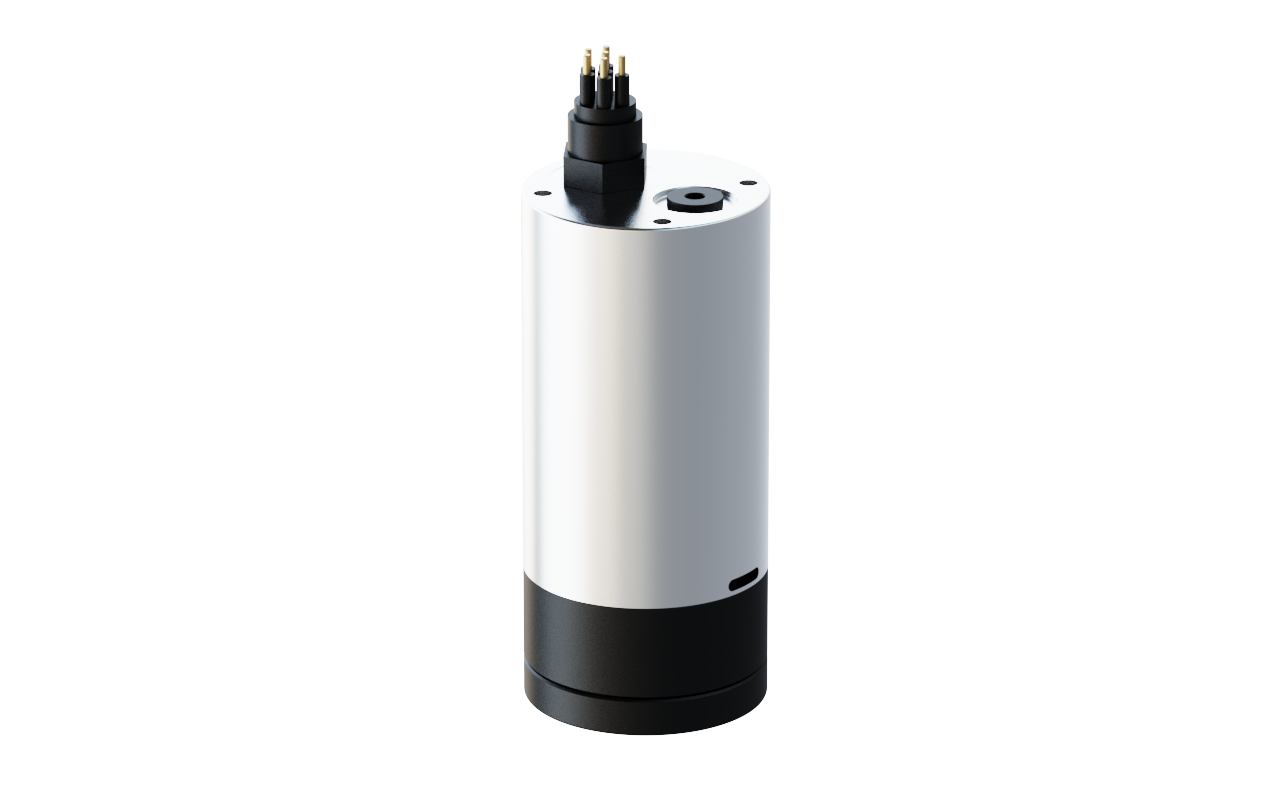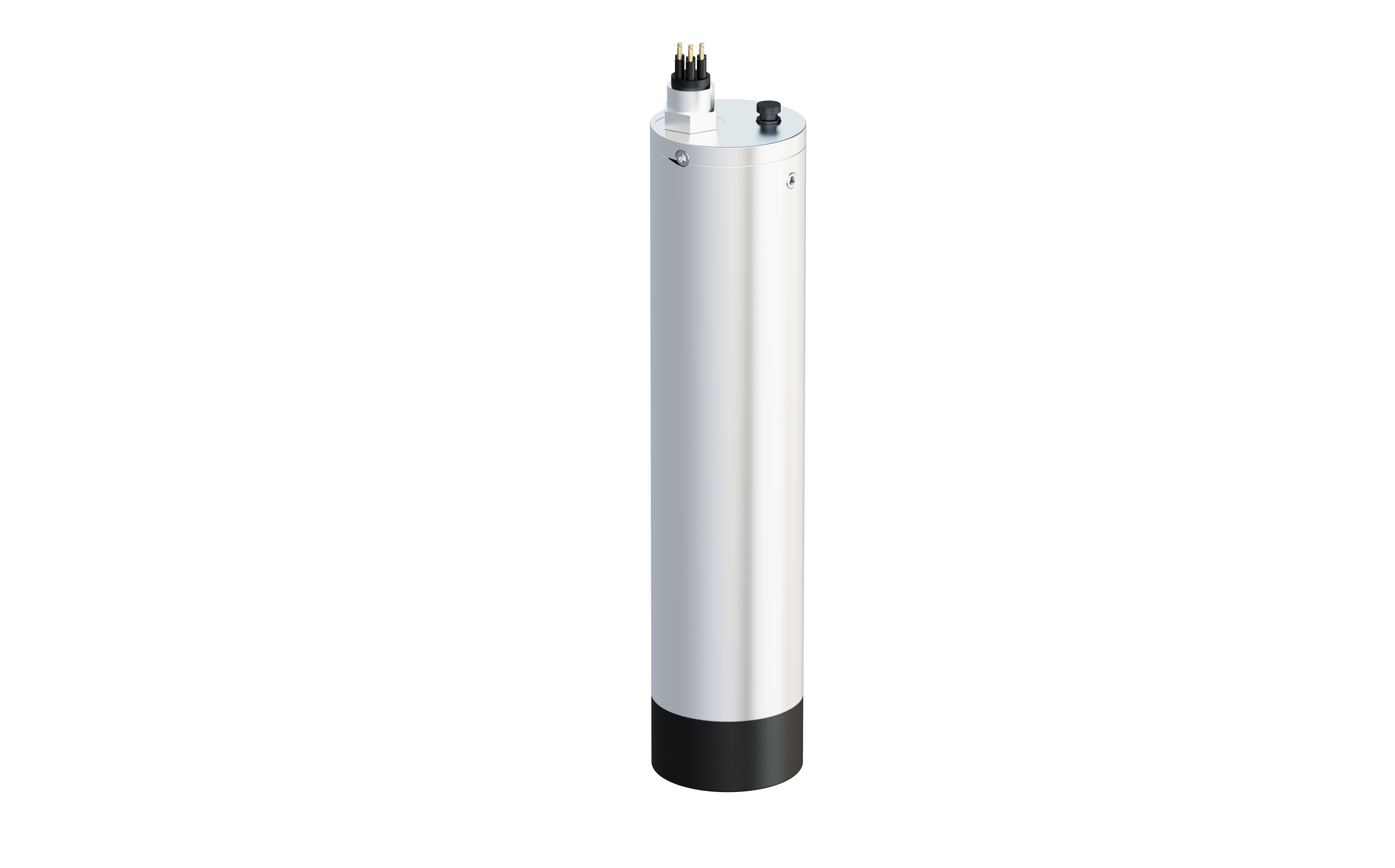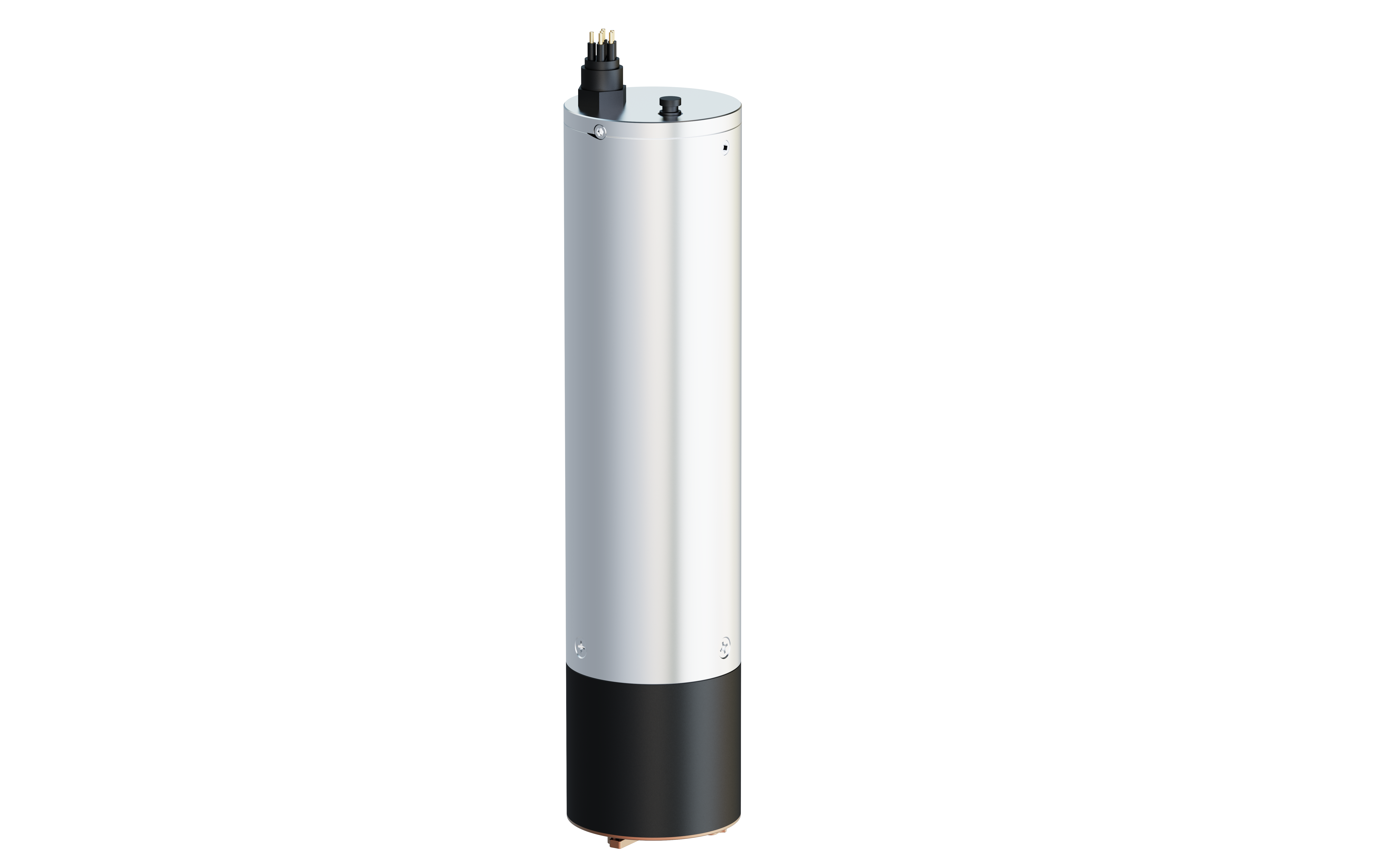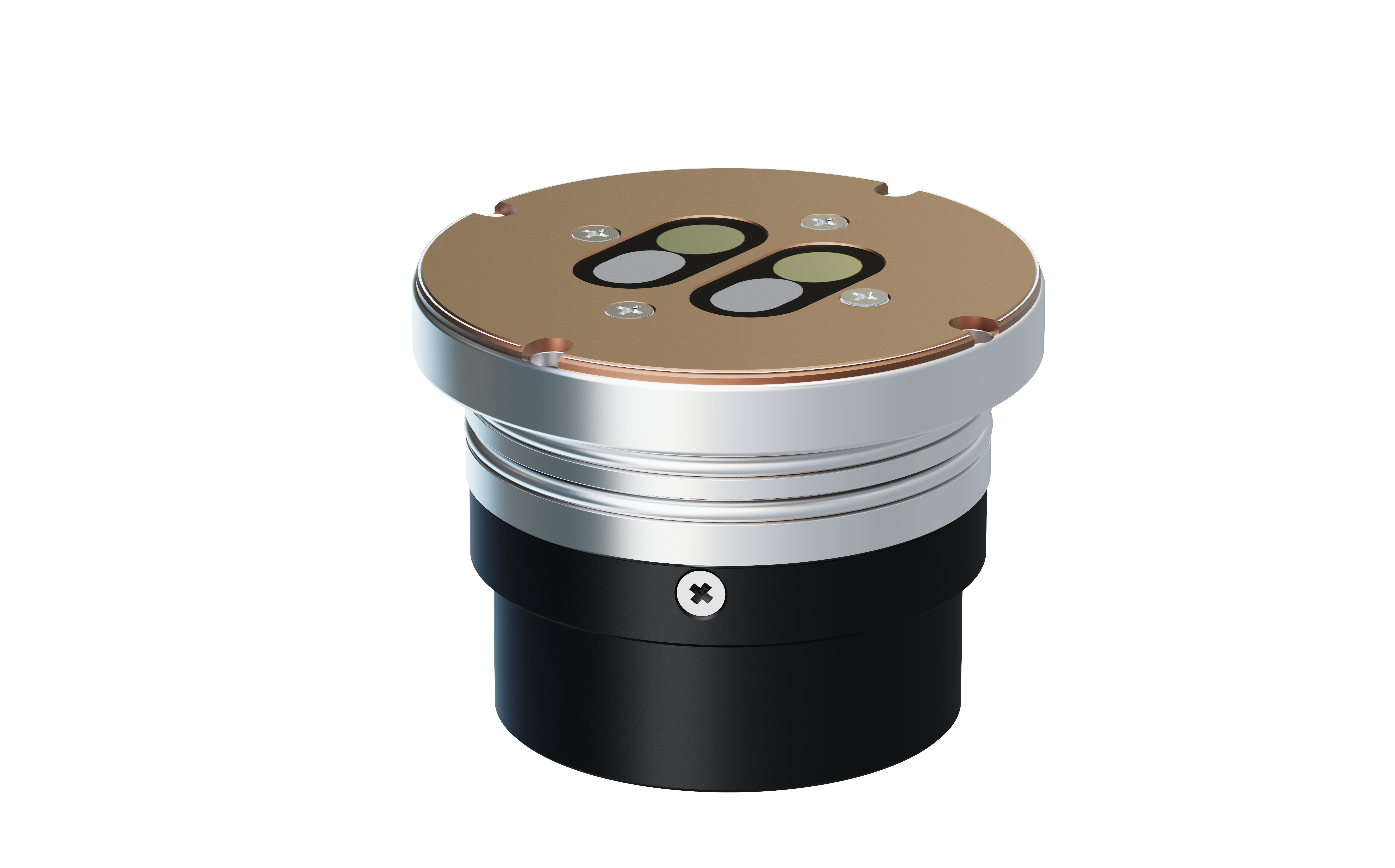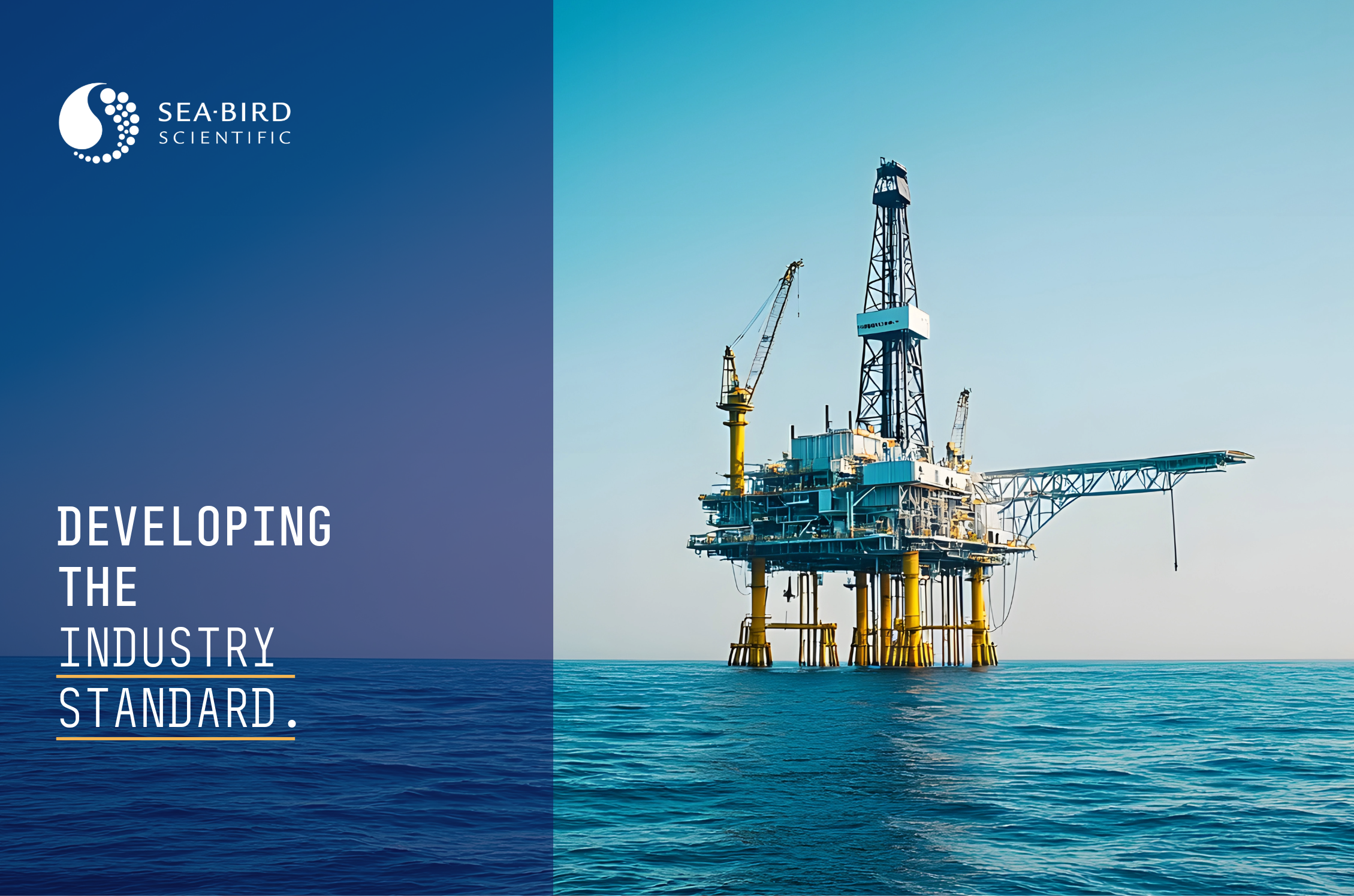ECO V2 Series: Dynamic Range Optical Sensors
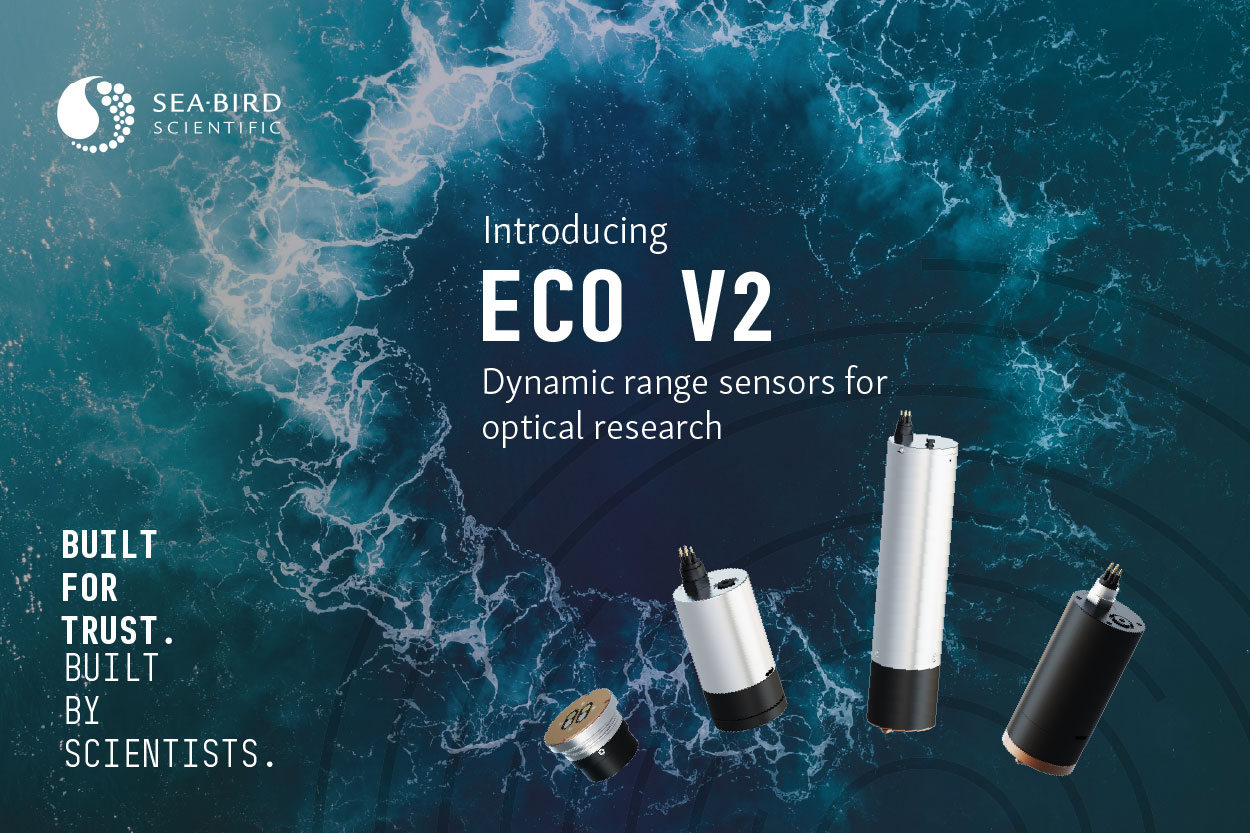
Dynamic Range Optical Sensors: Look Deeper with ECO V2
Dive into the next generation of optical monitoring with Sea-Bird Scientific’s cutting-edge ECO V2 Series. The ECO V2 series offers an impressive dynamic range, seamlessly transitioning from the deep blue ocean to coastal waters, all while delivering 16-bit resolution and enhanced signal-to-noise ratios across up to four channels.
The ECO V2 Series is a game-changer for biological monitoring and dye trace studies. Its robust potted optics block ensures long-term sensor stability, and with the optional anti-biofouling technology, you can achieve truly extended field measurements without compromising accuracy.
The ECO V2 Series offers a multitude of variations and configurations of components to maximize the quality and outcomes of your research. A flexible yet precise sensor package can cover the full range of natural waters, allowing for easier and more reliable research, decision making, and predictions.
The ECO V2 can be deployed independently or can be integrated within other platforms, including glider systems to garner a host of measurement parameters.
ECO V2 Key Features
-
- High Dynamic Range – One range that covers all natural waters requiring fewer sensors to provide more data
- User-friendly Software – ECO V2 uses UCI and is compatible for Windows and Mac
- System in a Sensor – The 4-measurement sensor option delivers even more versatility and cost savings. It eliminates cables, reduces weight, and provides better, integrated data
- Better Data Logging – With a wider dynamic range, increased resolution and data-handling speeds
- Extended Deployments – Through optional integrated battery packs and active and passive anti-fouling technologies up to 6000 meters
- FDOM Sensitivity – 5x more sensitive FDOM measurement
- Consistently Accurate Data – Through onboard quality assessment and quality control (QA/QC)
- Extended Battery Life – Increased battery life and new battery pack option that is interchangeable with the SBE 37 and much easier to replace than the ECO Classic batteries
Integrations
The ECO V2 can be deployed independently or can be integrated within other platforms, including glider systems to garner a host of measurement parameters.
ECO V2 Applications
The ECO V2 is designed to support a wide range of oceanographic research and monitoring applications:
-
- Primary Productivity Studies – Fluorometers are used in-situ to capture biological variability in primary productivity
- Inherent Optical Properties (IOP) and CTD packages – Oceanographers around the world use package systems to look at water quality and ocean dynamics
- Harmful Algal Blooms (HABs) – ECOs can be used to detect, characterize, and determine components of harmful algal blooms
- Long-term monitoring – ECOs are used in a variety of long-term monitoring applications to provide water quality data
- Aquaculture – Dye-tracing ECOs are used by United States FDA to determine health of the aquatic environments for shellfish near effluent systems
- Dredging – Environmental monitoring consultants around the world use ECO NTU sensors to monitor re-suspended sediment near dredging sites to ensure sediment does not raise to unhealthy levels for aquatic life
- Ocean Observing Systems – ECOs are used in numerous Ocean Observing systems around the world
- Crude Oil Detection – ECOs can be used to detect oil plumes and were used during the Deepwater Horizon spill to detect plumes in the gulf
Measurands
-
- Backscattering 470 nm, 530 nm, 650 nm, 700 nm
- Chlorophyll 435, 470
- fDOM
- NTU
- Phycocyanin (PC)
- Phycoerythrin (PE)
Related Posts
Featured Posts
Oceanology International 2024
We hope to see you at #Oi24 We are excited to return to Oceanology International 2024 again in London, UK from March 12-14. Overview Oceanology International brings together 500+ exhibitors in the only event that links the three key players in the industry:...
Ocean Sciences Meeting 2024
We hope to see you at #OSM24 We are excited to return to Ocean Sciences Meeting 2024 in New Orleans, Louisiana from February 18-23 at booth number #527. Overview The Ocean Sciences Meeting 2024 is co-sponsored by the American Geophysical Union, the Association for the...
Pride 2023
Celebrating and honoring our LGBTQIA+ communities At Sea-Bird Scientific, we are proud to stand with members of the LGBTQIA+ community during Pride Month 2023. As with last year, we changed our logo on social media to feature a rainbow throughout the month of June in...
